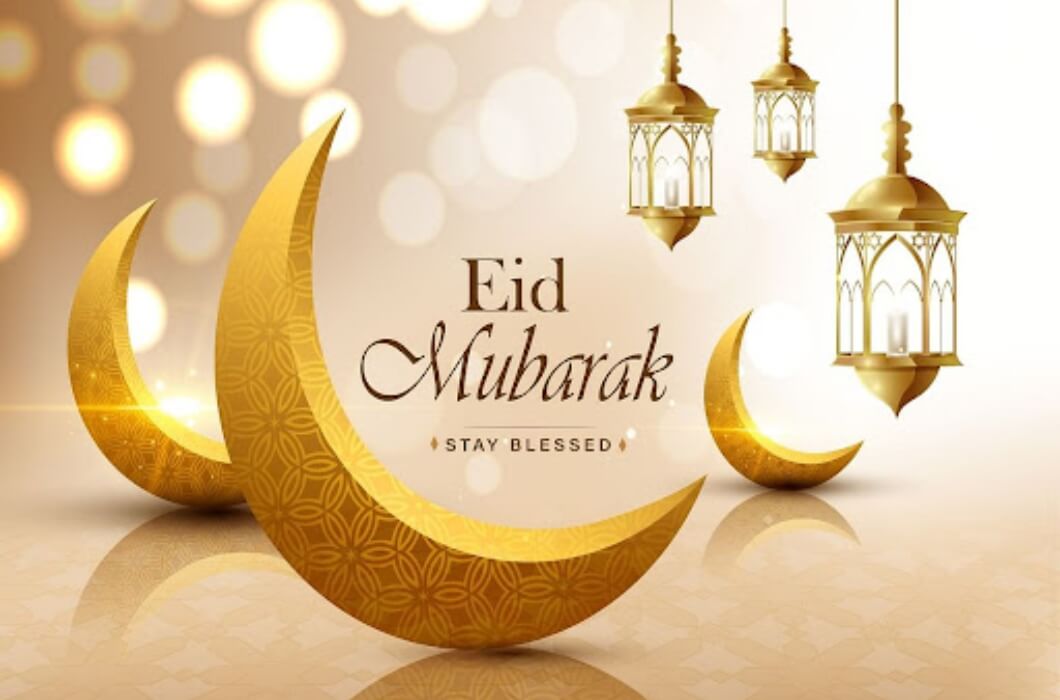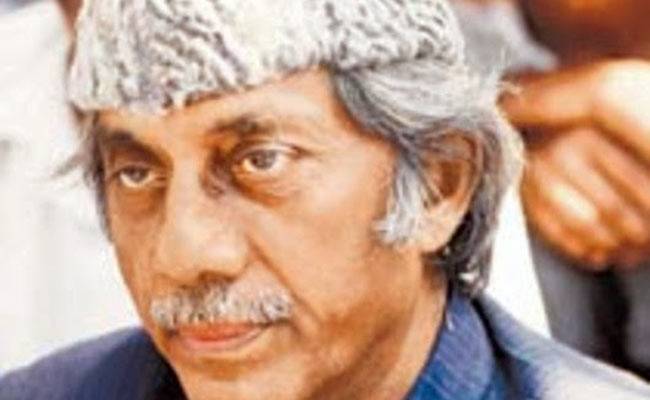Eid al-Fitr, also known as Ramzan Eid, stands as one of the most joyous and significant festivals in the Islamic calendar, marking the end of Ramadan, the holy month of fasting, prayer, and spiritual reflection. With its rich history, vibrant traditions, and universal message of compassion and generosity, Eid al-Fitr holds profound cultural and religious significance for Muslims around the world. In this blog, we embark on a journey to explore the origins, customs, and enduring legacy of this cherished festival.
Historical Roots:
The origins of Eid al-Fitr can be traced back to the teachings of Islam’s Prophet Muhammad (peace be upon him) in the 7th century CE. According to Islamic tradition, the Prophet received divine revelations during the month of Ramadan, culminating in the revelation of the Quran, the holy book of Islam. Eid al-Fitr emerged as a celebration to commemorate the conclusion of Ramadan and express gratitude for the spiritual blessings bestowed upon believers.
Observance of Ramadan:
Central to the celebration of Eid al-Fitr is the preceding month of Ramadan, during which Muslims observe fasting from dawn until sunset, abstaining from food, drink, and other worldly pleasures as a form of self-discipline and spiritual purification. Ramadan is also a time for increased prayer, recitation of the Quran, acts of charity, and reflection on one’s faith and deeds. The fasting period culminates in the sighting of the new moon, signaling the arrival of Eid al-Fitr.
Eid al-Fitr Traditions:
The festivities of Eid al-Fitr are characterized by a myriad of customs and traditions observed by Muslims worldwide. One of the most cherished traditions is the performance of the Eid prayer, known as Salat al-Eid, which is conducted in congregational gatherings at mosques or designated prayer grounds. Following the prayer, Muslims exchange heartfelt greetings of “Eid Mubarak” (Blessed Eid) and embrace each other as a gesture of unity and goodwill.
Feast and Festivities:
A hallmark of Eid al-Fitr is the communal feast known as “Eid-ul-Fitr ki Namaz,” where families and friends come together to share delicious meals and delectable sweets. Special dishes and delicacies, such as biryani, kebabs, sheer khurma, and sweets like baklava and jalebi, are prepared to mark the occasion. The spirit of generosity and hospitality is evident as Muslims open their homes and hearts to guests and extend charity to those in need, following the principle of Zakat al-Fitr, a form of almsgiving prescribed before the Eid prayer.
Eid al-Fitr: A Time for Reflection and Renewal:
Beyond its festive revelry, Eid al-Fitr holds deeper spiritual significance as a time for introspection, gratitude, and renewal of faith. Muslims use this occasion to seek forgiveness for past transgressions, reconcile with others, and reaffirm their commitment to living virtuous and compassionate lives. The festival serves as a reminder of the transformative power of Ramadan and the enduring values of empathy, solidarity, and devotion that it instills in believers.
Eid al-Fitr Around the World:
Eid al-Fitr is celebrated with great enthusiasm and fervor in Muslim-majority countries and diaspora communities across the globe. From the bustling streets of Cairo and Istanbul to the vibrant neighborhoods of Mumbai and Kuala Lumpur, the spirit of Eid permeates diverse cultures and traditions, uniting Muslims of different backgrounds in a shared celebration of faith and fellowship.
Conclusion:
In conclusion, Eid al-Fitr stands as a testament to the enduring spirit of Islam, embodying values of piety, compassion, and communal solidarity. As Muslims around the world come together to rejoice in the culmination of Ramadan, Eid al-Fitr serves as a reminder of the blessings of faith, family, and community. In its timeless traditions and heartfelt celebrations, Eid al-Fitr reflects the universal message of love, unity, and hope that transcends borders and binds humanity together in the embrace of shared humanity.






